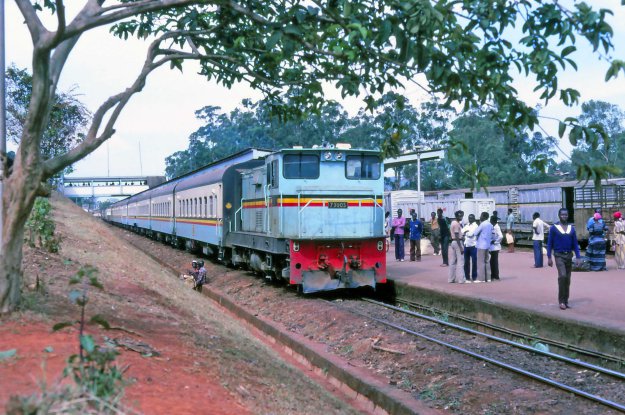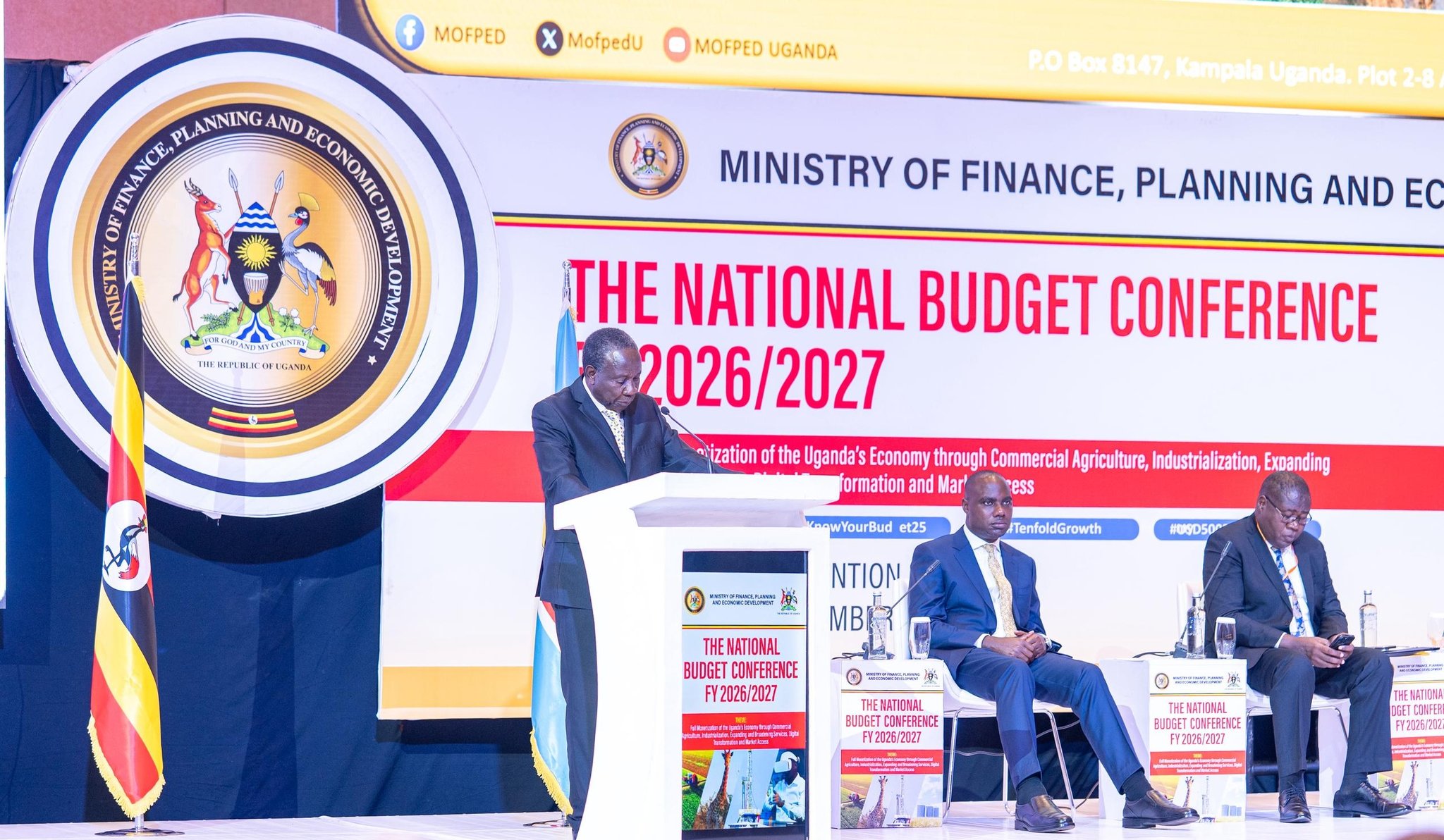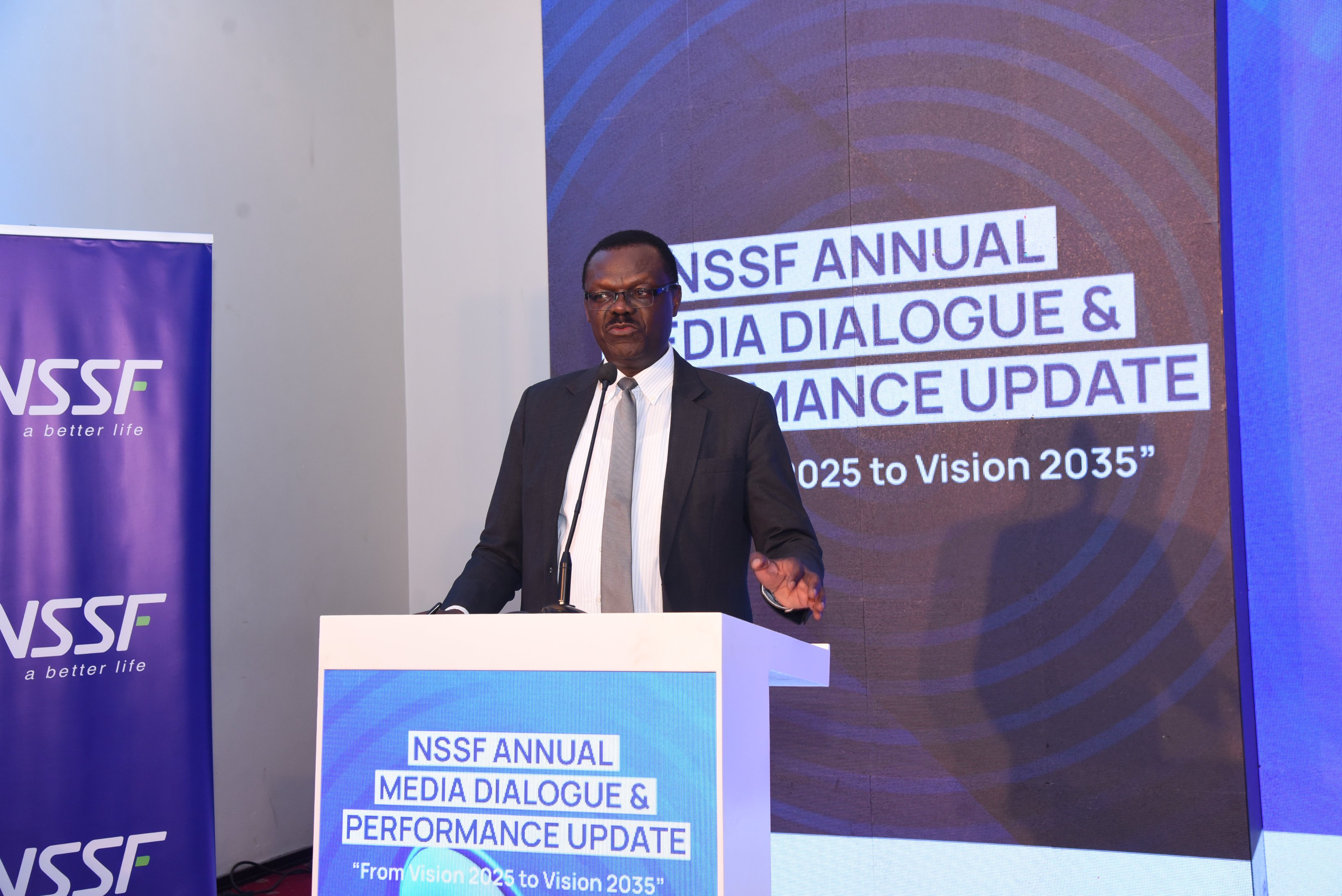UGX 850m monthly lease for locomotives sparks outrage, waste or necessity?
URC management justifies the lease, citing an urgent need to address inefficiencies caused by its current fleet of only two functional locomotives. These inefficiencies, they argue, threaten Uganda's freight transport capabilities, putting the economy at risk.

Uganda Railways Corporation (URC) faces mounting criticism over plans to lease four locomotives at UGX 850 million per month, a move described by critics as a potential misuse of taxpayers’ money.
The controversial deal, nearing finalization with Kenya-based Auto Ports Freight Terminals Ltd, has raised red flags among government officials and financial watchdogs.
Critics question the economic logic of such a hefty monthly expenditure, especially as Uganda struggles with transport sector constraints.
URC management justifies the lease, citing an urgent need to address inefficiencies caused by its current fleet of only two functional locomotives. These inefficiencies, they argue, threaten Uganda’s freight transport capabilities, putting the economy at risk.
Under the proposal, URC would pay USD 2,500 per locomotive daily for three locomotives, amounting to USD 7,500 daily or USD 225,000 monthly. Critics argue that the 10-year agreement, costing over UGX 100 billion, is excessive, particularly as Uganda is poised to receive new locomotives under the Standard Gauge Railway (SGR) project.
“This deal raises serious concerns about URC’s financial priorities,” said a financial analyst familiar with the railway sector. “The funds could be better invested in infrastructure or securing long-term solutions.”
Some officials highlight the timing of the deal as Uganda prepares for the SGR, which will deliver 10 new locomotives capable of handling larger freight volumes. They question whether leasing is prudent given these upcoming upgrades.
The proposed lease includes maintenance responsibilities for the leasing company, while URC would handle operations and cargo. Although touted as a short-term fix, critics fear the arrangement may burden taxpayers without yielding long-term benefits.
As the government deliberates on the agreement, calls are growing for a reassessment of the deal’s financial and strategic implications. Meanwhile, the controversy underscores broader challenges in Uganda’s efforts to modernize its railway network.







